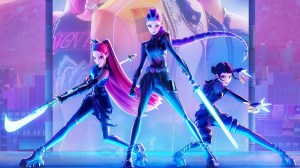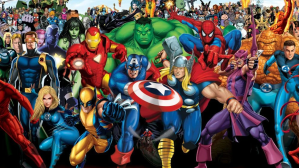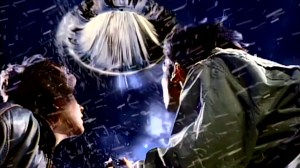
Grand Theft Auto V developers Rockstar and their parent company Take-Two Interactive have once again defeated Lindsay Lohan in the court of law.
Videos by ComicBook.com
Following a lower court ruling that rejected Lohan’s lawsuit thrown at Take-Two regarding GTA V unlawfully using her likeness back in 2016, six judges of the New Your Court of Appeals have further ruled against Lohan’s claim, and in favor of Take-Two.
For those that don’t know: Lohan’s lawsuit has been a long time coming, starting in 2014 when the American actress, businesswoman, fashion designer, and singer went to Take-Two with her case. At the time, the publisher responded by calling the move a publicity stunt.
Lohan initially followed up with a lawsuit against Take-Two, which as mentioned above, was rejected in 2016. She then brought the issue to a higher court, which is how we got to where we are today.
The lawsuit Lohan filed involved a parody character in GTA V that goes by the name Lacey Jonas, who is briefly featured in one mission that naturally involves the paparazzi. A description of the character, via the GTA V Wiki, reads:
“Lacey Jonas is very famous for her work in high school movies. She is full of herself, seeing herself as a role model for teenagers. She is very image-conscious, to the point of exiling herself from her parents and spending a lot of money on voice coaching to help her lose her regional accent. The media and her fans are also extremely obsessed about her, with Lacey claiming that one photo of her can reach a six-figure price and that the autobiography of her gynecologist was the best selling fiction and non-fiction book of 2010. Lacey says that she has so many fans that “they could fill the entire country of Africa”, including one fan who sent his own junk to her in a box.”

Lohan’s claim was that Lacey Jonas was essentially a “portrait” of Lohan, and that the game used her likeness to distribute promotional material, including putting the character on the box art, without her written consent.
To this, the court unanimously rejected the case, saying that the character was “indistinct, satirical representations of the style, look, and persona of a modern, beach-going young woman that are not reasonably identifiable as plaintiff.”
Interestingly, the court did rule that video game avatars can be considered a person’s likeness, which sets a new precedent for video game characters, at least for New York.
Lohan will have the option to take the case to the Supreme Court if she chooses.








